A Glimpse into Macau: Where East Meets West on the Pearl River Delta
Related Articles: A Glimpse into Macau: Where East Meets West on the Pearl River Delta
Introduction
In this auspicious occasion, we are delighted to delve into the intriguing topic related to A Glimpse into Macau: Where East Meets West on the Pearl River Delta. Let’s weave interesting information and offer fresh perspectives to the readers.
Table of Content
A Glimpse into Macau: Where East Meets West on the Pearl River Delta

Macau, a Special Administrative Region (SAR) of the People’s Republic of China, stands as a captivating blend of Chinese and Portuguese heritage. Situated on the southern coast of China, it occupies a unique geographical position at the mouth of the Pearl River Delta, a region renowned for its economic dynamism and cultural richness. This article delves into the geographical context of Macau, exploring its location, history, and significance in the broader Chinese landscape.
Macau’s Geographical Setting: A Pearl on the Delta
Macau’s location on the Pearl River Delta, a vast expanse of fertile land encompassing Guangzhou, Shenzhen, and Hong Kong, is crucial to its identity and development. The delta’s strategic importance as a trade hub has long been recognized, and Macau, nestled on its western edge, has played a pivotal role in this historical narrative.
A Brief History: From Portuguese Colony to Special Administrative Region
Macau’s story is intricately intertwined with Portugal’s colonial past. In 1535, Portuguese traders were granted permission to establish a trading post in Macau, marking the beginning of a long and complex relationship. Over the centuries, Macau evolved from a trading hub to a flourishing commercial center, with Portuguese influence evident in its architecture, language, and cuisine.
The handover of Macau to China in 1999 marked a significant turning point, ushering in a new era of governance under the "One Country, Two Systems" principle. This framework guarantees Macau’s autonomy in various aspects, including its legal system, economic policies, and way of life, while remaining an integral part of China.
Macau’s Significance: A Bridge Between East and West
Macau’s unique blend of Chinese and Portuguese heritage has fostered a distinct cultural identity. This fusion is evident in its architecture, which showcases a harmonious blend of traditional Chinese and European styles. The city’s culinary scene, too, reflects this cultural interplay, with Portuguese influences evident in local dishes and a wide array of international cuisines available.
Beyond its cultural significance, Macau plays a crucial role in the Chinese economy. Its status as a world-renowned gambling destination has attracted significant investment and tourism, contributing substantially to China’s economic growth. Additionally, Macau serves as a vital gateway for trade and investment between China and the rest of the world, further enhancing its economic importance.
Macau’s Landscape: From Coastal Shores to Lush Hills
Macau’s landscape is a captivating mix of coastal shores, verdant hills, and urban sprawl. The city’s coastline, dotted with picturesque islands, offers stunning views of the Pearl River Delta. Inland, the terrain gently rises, giving way to lush hills and verdant parks, providing respite from the bustling city life.
Macau’s Administrative Divisions: A Look at the City’s Structure
Macau is divided into two administrative districts:
- Macau Peninsula: This historic district is the heart of Macau, encompassing the city’s main commercial areas, historical landmarks, and cultural attractions.
- Taipa and Coloane Islands: These islands, connected to the Macau Peninsula by bridges and causeways, offer a more relaxed atmosphere with beautiful beaches, charming villages, and natural landscapes.
Exploring Macau: A Journey Through Time and Culture
Exploring Macau is an enriching experience that allows visitors to delve into its multifaceted history and culture. From strolling through the historic streets of the Macau Peninsula, where colonial architecture stands alongside traditional Chinese temples, to exploring the vibrant cultural scene of Taipa and Coloane Islands, each destination offers a unique glimpse into Macau’s captivating past and present.
Macau’s Attractions: A Tapestry of History, Culture, and Entertainment
Macau’s attractions are as diverse as its history and culture. Here are some highlights:
- Senado Square: This vibrant square, adorned with colorful Portuguese-style buildings, is a hub of activity, offering a glimpse into Macau’s colonial past.
- Ruins of St. Paul’s: This iconic landmark, a testament to Macau’s Portuguese heritage, stands as a symbol of the city’s rich history.
- A-Ma Temple: This ancient temple, dedicated to the goddess of seafarers, offers a glimpse into Macau’s traditional Chinese culture.
- Macau Tower: This towering structure offers breathtaking panoramic views of the city and the surrounding landscape.
- The Venetian Macao: This luxurious casino resort, with its canals and gondolas, offers a taste of Venice, Italy, amidst the bustling city.
- Taipa Village: This charming village, with its traditional Portuguese-style houses, offers a glimpse into Macau’s cultural heritage.
- Coloane Island: This island, with its picturesque beaches, offers a tranquil escape from the city’s hustle and bustle.
Macau’s Transportation: Navigating the City with Ease
Macau offers a comprehensive transportation system, ensuring convenient movement within the city.
- Bus: An extensive bus network connects various parts of Macau, providing an affordable and reliable means of transportation.
- Taxi: Taxis are readily available throughout the city, offering a comfortable and convenient way to navigate the city’s streets.
- Ferry: Ferries connect Macau to Hong Kong and other mainland Chinese cities, providing a scenic and efficient way to travel between destinations.
Macau’s Cuisine: A Culinary Fusion of East and West
Macau’s culinary scene is a testament to its diverse cultural influences. From traditional Chinese dishes to Portuguese specialties and international cuisines, Macau offers a wide array of culinary experiences.
- Macanese Cuisine: This unique cuisine, a fusion of Chinese and Portuguese flavors, reflects Macau’s rich history and cultural heritage.
- Cantonese Cuisine: This popular style of Chinese cuisine, known for its delicate flavors and intricate cooking techniques, is widely available in Macau.
- Portuguese Cuisine: Macau’s Portuguese heritage is evident in the city’s diverse range of Portuguese restaurants, offering authentic dishes and a taste of European culinary tradition.
FAQs about Macau in China
Q: Is Macau part of China?
A: Yes, Macau is a Special Administrative Region (SAR) of the People’s Republic of China.
Q: What is the currency used in Macau?
A: Macau uses the Macanese pataca (MOP) as its official currency. The Hong Kong dollar (HKD) is also widely accepted.
Q: What language is spoken in Macau?
A: The official languages of Macau are Chinese (Cantonese) and Portuguese. English is also widely spoken, particularly in tourist areas.
Q: What is the best time to visit Macau?
A: The best time to visit Macau is during the spring (March-May) and autumn (September-November) when the weather is pleasant and the crowds are smaller.
Q: What are some things to do in Macau?
A: Macau offers a wide range of activities, from exploring historical landmarks and cultural attractions to enjoying the vibrant nightlife and world-class gambling experiences.
Q: Is Macau safe for tourists?
A: Macau is generally considered a safe city for tourists. However, it’s always advisable to take common-sense precautions, such as being aware of your surroundings and keeping valuables secure.
Tips for Visiting Macau
- Learn a few basic Chinese phrases: While English is widely spoken in tourist areas, learning a few basic Chinese phrases can enhance your interactions with locals.
- Embrace the local culture: Macau offers a unique blend of Chinese and Portuguese cultures. Take the opportunity to explore local markets, temples, and cultural events.
- Try the local cuisine: Macau’s culinary scene is a fusion of East and West. Be sure to sample some of the city’s unique dishes.
- Plan your itinerary: Macau offers a wide range of attractions and activities. Plan your itinerary in advance to make the most of your time.
- Bring comfortable shoes: Macau is a city best explored on foot. Wear comfortable shoes to ensure you can comfortably navigate the city’s streets.
Conclusion
Macau, a vibrant tapestry of Chinese and Portuguese heritage, stands as a testament to the dynamic interplay of cultures and traditions. Its strategic location on the Pearl River Delta, coupled with its unique history and cultural fusion, has positioned Macau as a significant player in the global economic landscape. From its captivating attractions and diverse culinary scene to its vibrant nightlife and world-renowned gambling destinations, Macau offers a captivating blend of history, culture, and entertainment. As a Special Administrative Region of China, Macau continues to evolve, embracing its unique identity while contributing to the growth and prosperity of the nation.

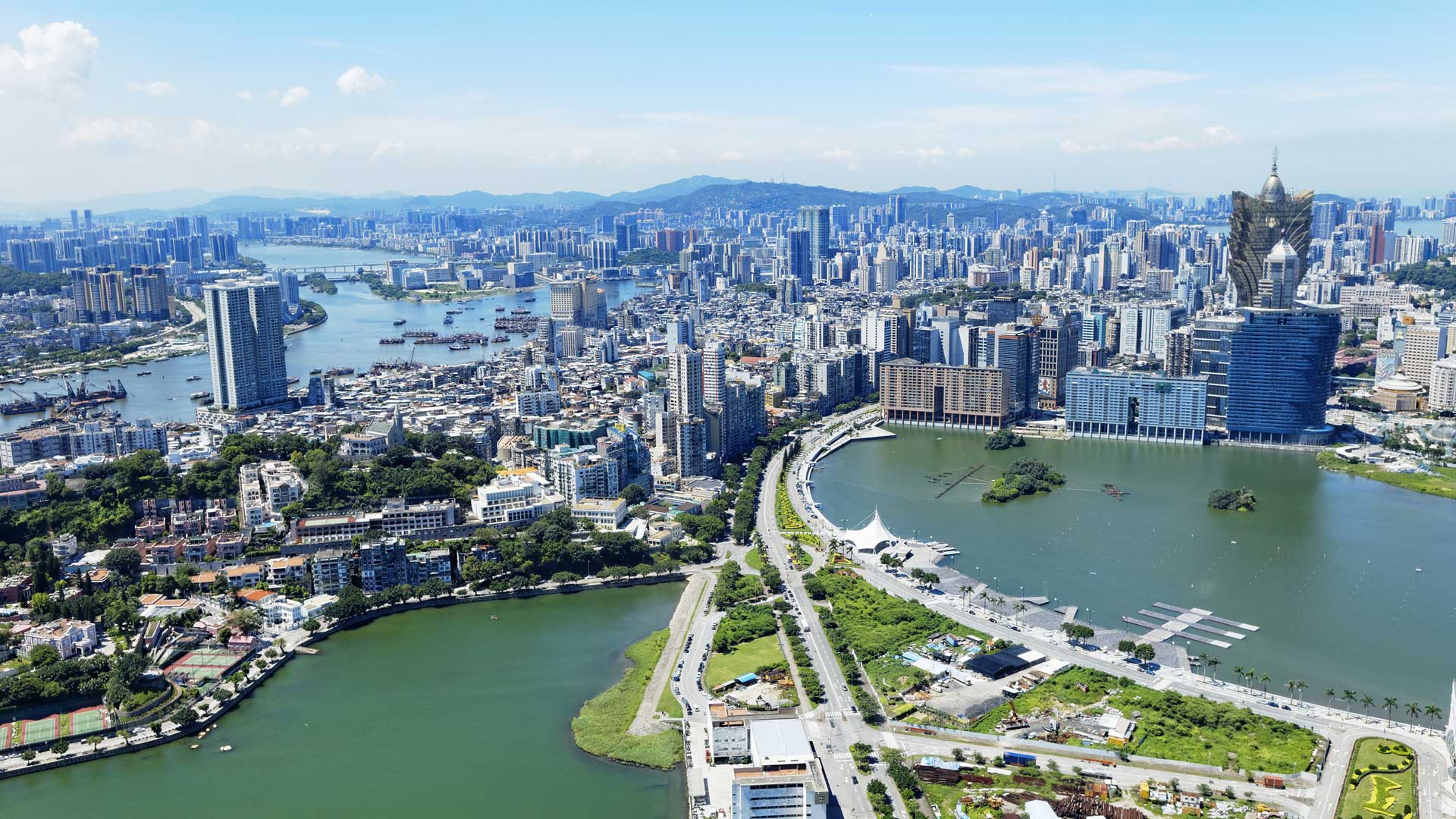
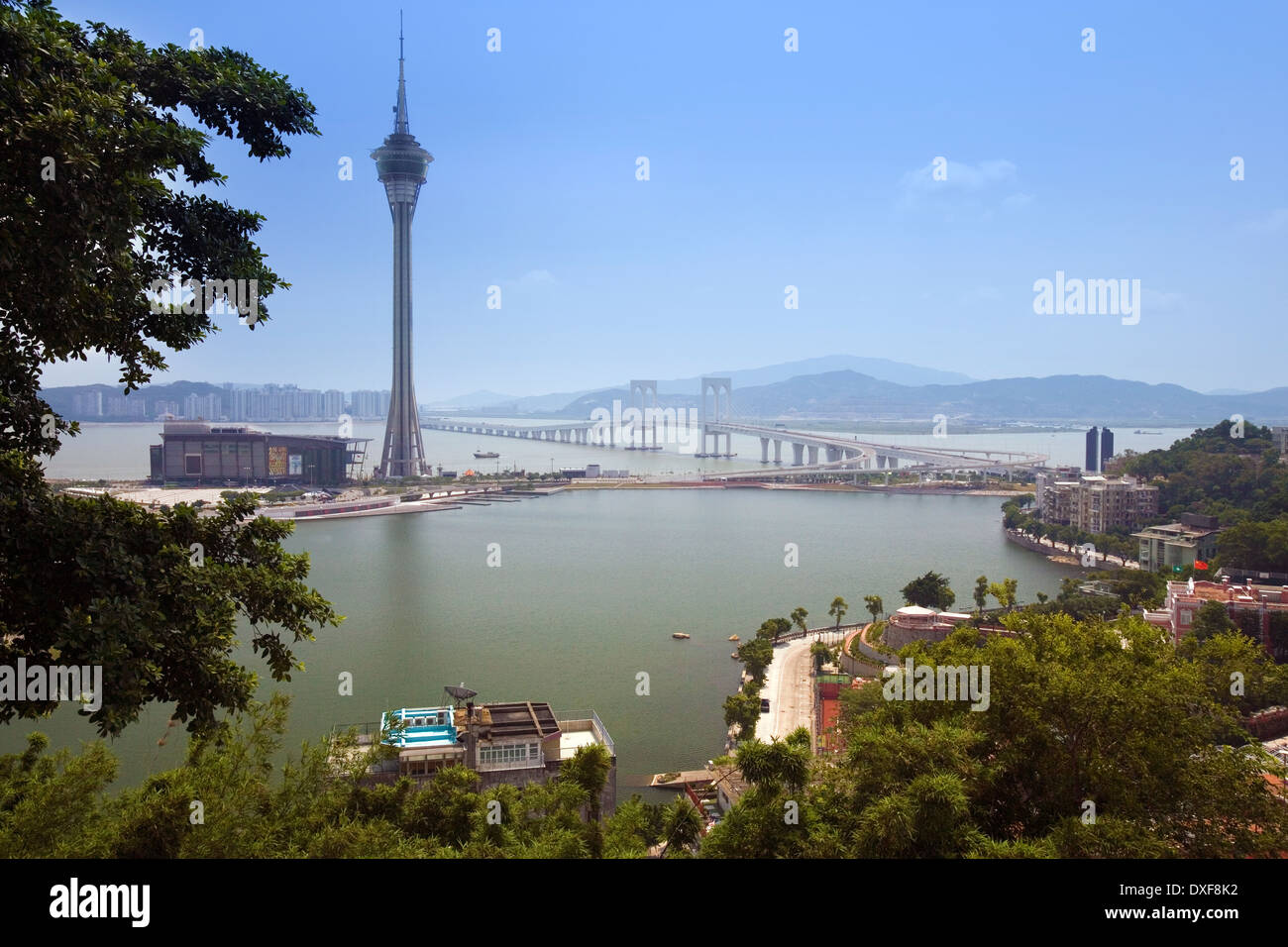
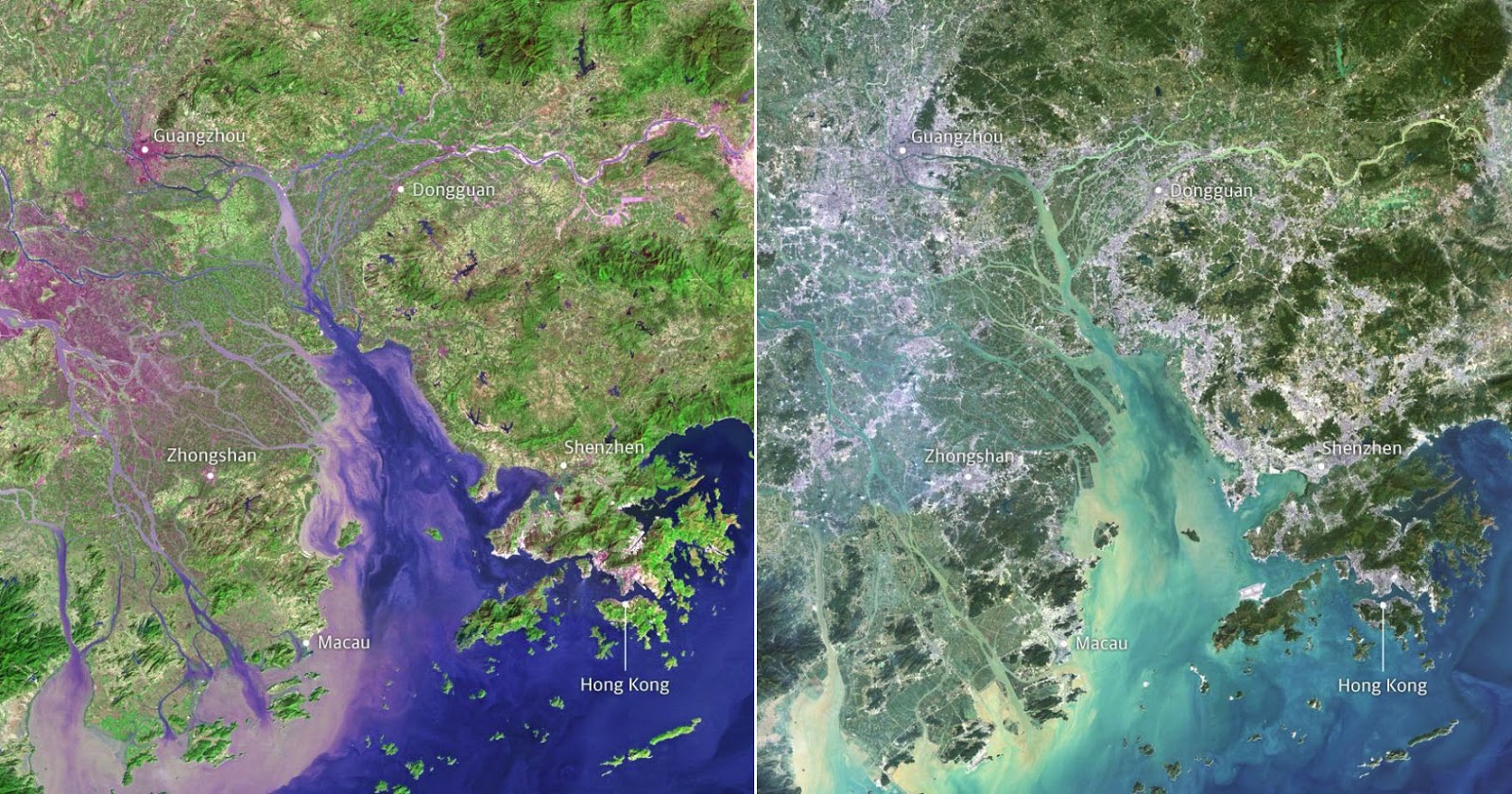


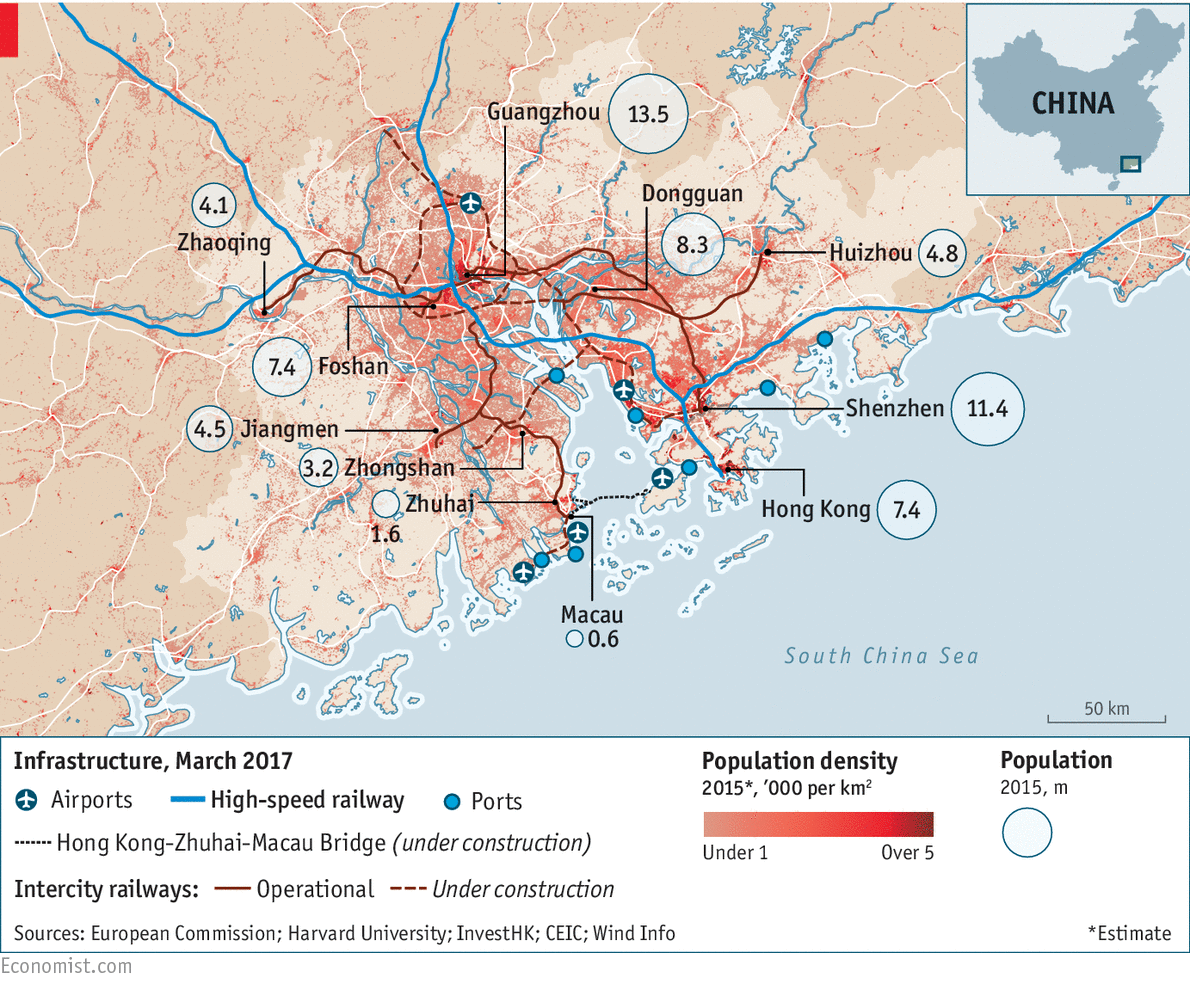
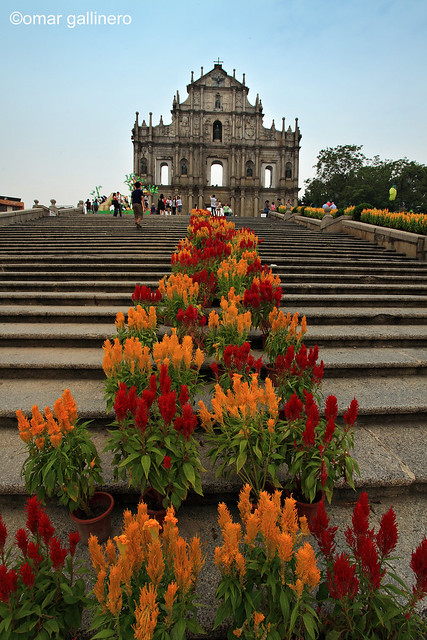
Closure
Thus, we hope this article has provided valuable insights into A Glimpse into Macau: Where East Meets West on the Pearl River Delta. We hope you find this article informative and beneficial. See you in our next article!